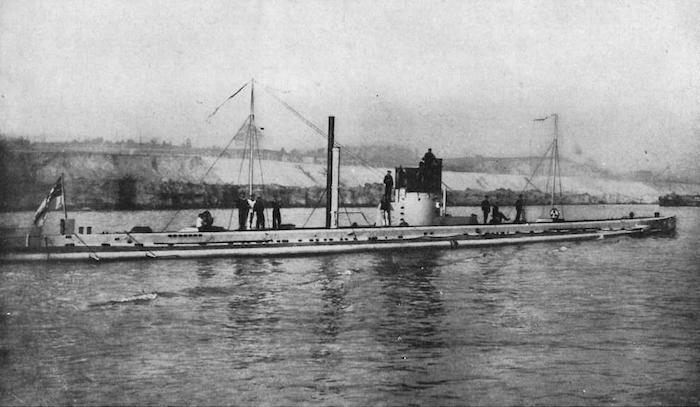The St Eval Incident
Every so often, Vladimir Putin gets annoyed with NATO and engages in a bit of sabre-rattling, sending a few Tu-95 Bear bombers on long-range flights off the coast of Portugal or Canada in order to remind them that Russia is not to be taken lightly (I happened to be at a conference at a RAF […]


